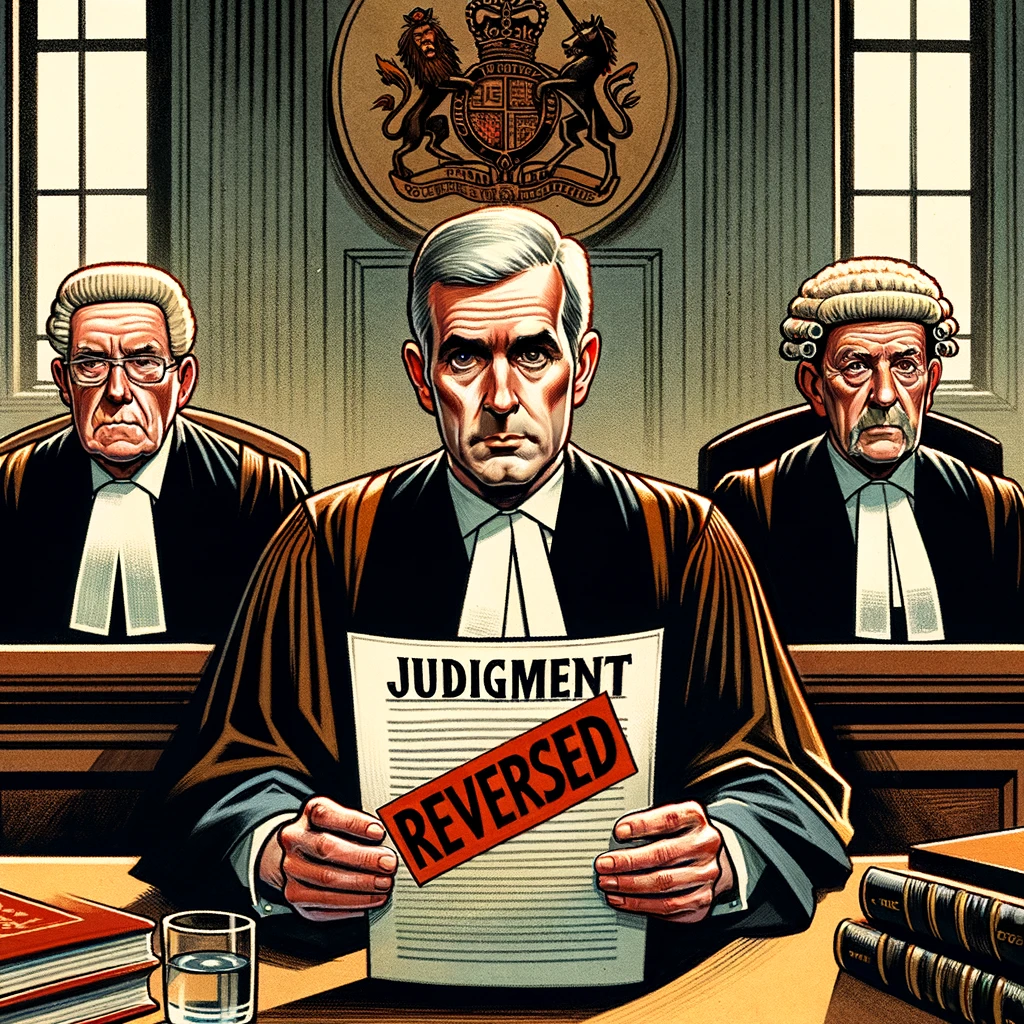
It’s not everyday you see a judgment reversed for lack of substantial evidence. A food-truck worker, hit by a car while packing up after a stop, recovered over $8.2 million against the food-truck commissary where the food truck was stored. But the court reversed in Guzman v. Younan (D2d4 Feb. 16, 2024 No. B317573) [nonpub. opn.], holding that the finding that the commissary was plaintiff’s employer was not supported by substantial evidence.
Plaintiff’s claim was based on Labor Code section 3706, which provides damages against an employer who fails to secure compensation to an injured employee. So the threshold question was: at the time of the accident, who was the plaintiff’s employer? The owner of the food truck, or the commissary?
A factual question like that can be reversed only if it is not supported by any “substantial evidence.” The Court of Appeal is very deferential to the trial court, and considers the evidence in the light most favorable to the prevailing party, indulging in all legitimate and reasonable inferences to uphold the verdict. (Sanchez-Corea v. Bank of America (1985) 38 Cal.3d 892, 907.)
I don’t have statistics to bear on the point, but I would hazard a guess that the failure rate of “substantial evidence” challenges is at least 98%.
But the substantial-evidence challenge succeeded here. On the key issue of who employed the plaintiff at the time of injury, the court noted that the evidence was “sparse,” including a lack of employment records, pay stubs, or accounting records. And in fact, the only evidence that the commissary employed the plaintiff long predated the accident. The plaintiff also testified “repeatedly and unambiguously” the he worked exclusively for the food-truck owner, including wearing the food-truck shirt.
Trying to clear the very low substantial-evidence bar, the plaintiff argued that there was lots of testimony supporting the finding that he worked for the commissary. But almost all of this was at times predating the injury. The plaintiff’s most apt testimony concerning the time of the injury was that he worked for the food-truck owner “and I think [the commissary], too.”
The court concluded this was not substantial evidence. “At most, it indicates Guzman thinks he worked for both Philma [the truck owner] and Younan [the commissary owner] at the critical time. But with respect to Guzman, what he thinks is irrelevant absent evidence that his belief is well founded.”
The court went on: “Guzman's speculation or surmise does not constitute substantial evidence. [Citation.] It does not matter that Guzman may "think" Philma worked for Younan in 2014 if there is no substantial evidence that she did.” The court cited (Joaquin v. City of Los Angeles (2012) 202 Cal.App.4th 1207, 1219, which held that "'"[T]he inference must be a reasonable conclusion from the evidence and cannot be based upon suspicion, imagination, speculation, surmise, conjecture or guesswork."'"
The outcome seems right to me, but still a close call. Not only is the substantial-evidence standard very deferential, it is very difficult to raise properly: the appellant must properly get the entire trial record into the appellate record. And in the opening brief, the appellant must fairly address—and cite—all evidence supporting the judgment. That is more easily said than done.
The appellant commissary was represented by a highly experienced certified appellate specialist, John Dodd. Hard to imagine getting this outcome without excellent appellate counsel.